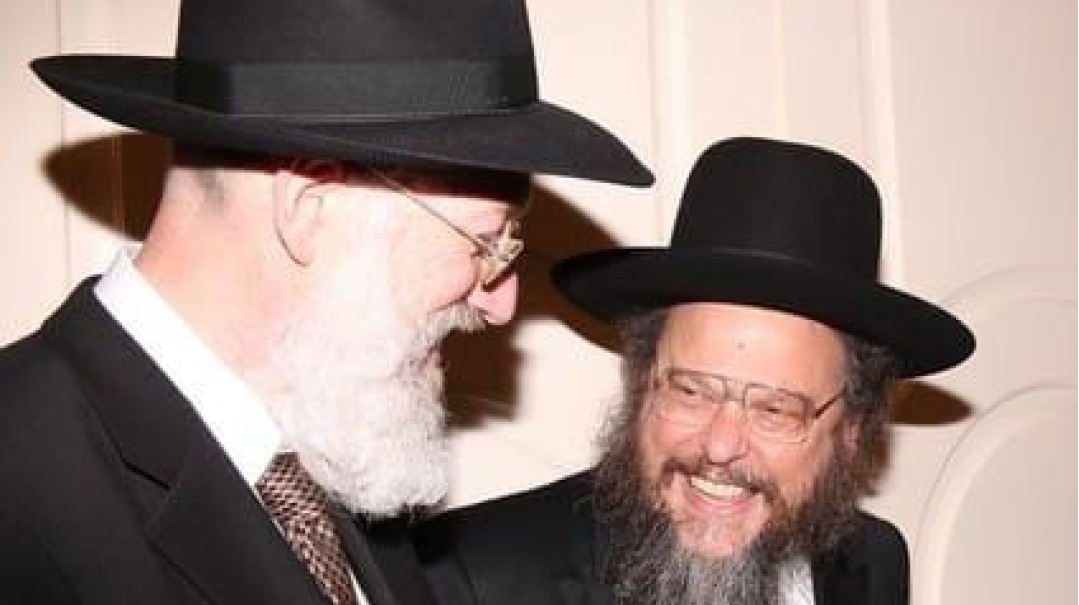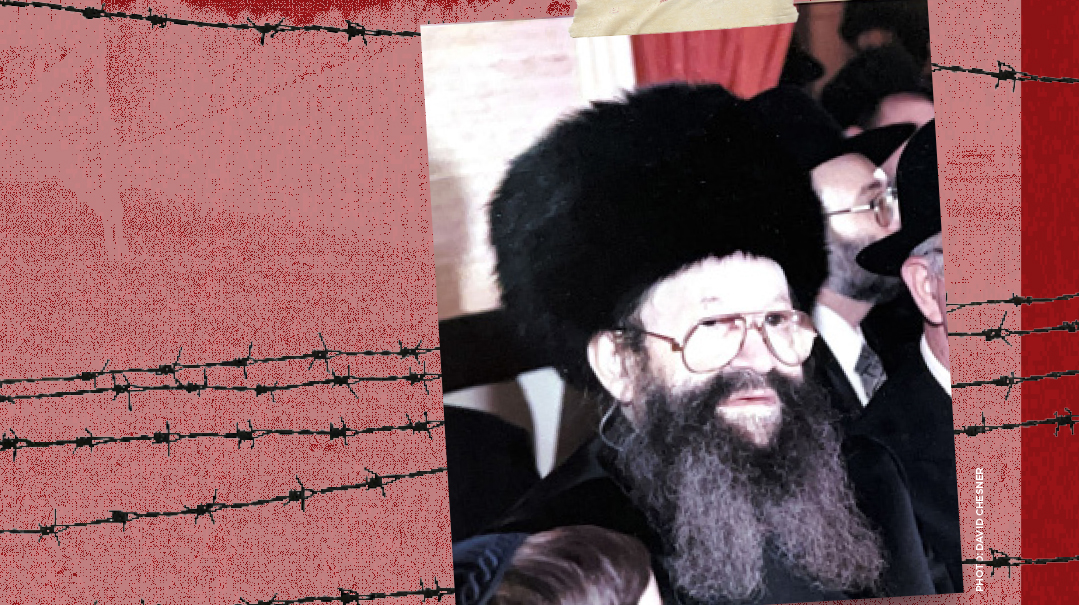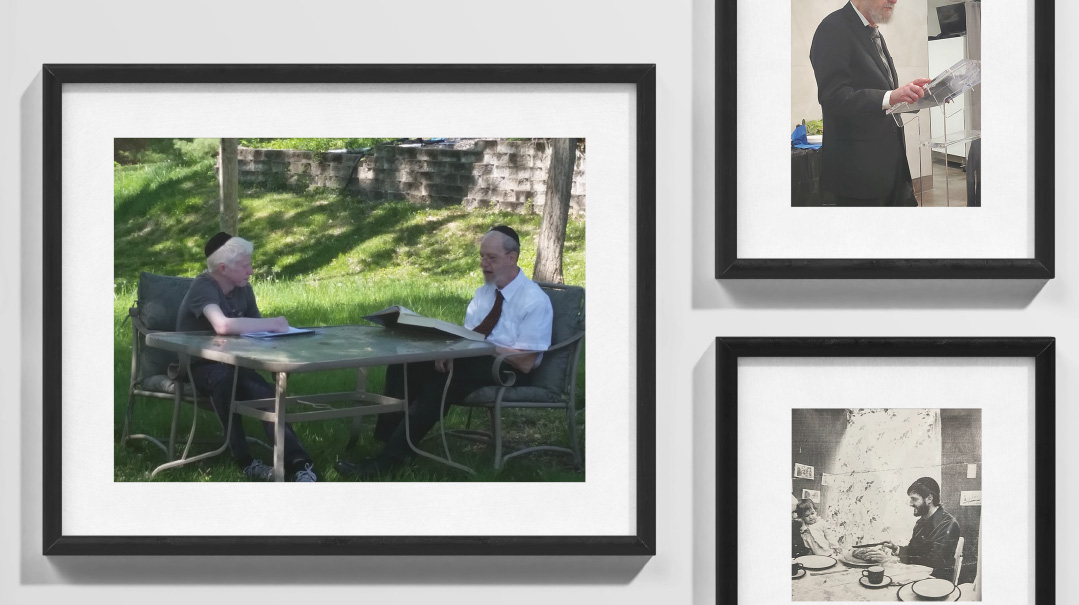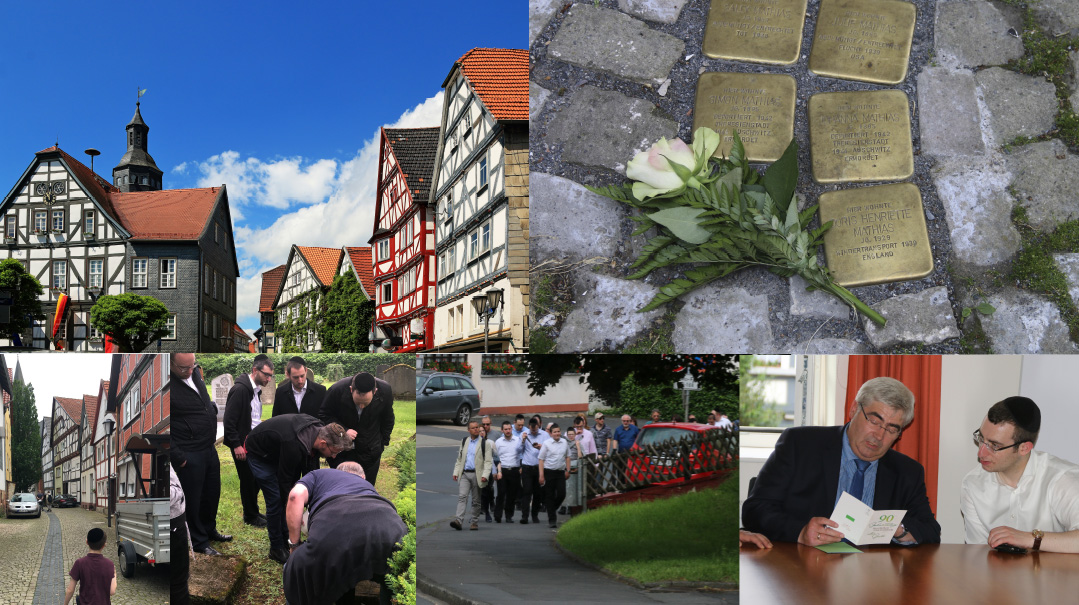In the Sea

I was tired. And I was tired of asking for miracles

IT
was Shevii shel Pesach, and we discussed the miracle of the Splitting of the Sea over glasses of Merlot and spinach-stuffed London broil. I was happy the meat had come out tasty — it was a new recipe — and even happier to be sitting with my family and two single friends, Rina and Surie.
In between sips, Rina nodded to me and said, “We’re supposed to daven for anything we need tonight. It’s the night of miracles.”
“Can I also do it tomorrow?” I asked.
I was tired. And I was tired of asking for miracles.
Rina shrugged. “Not sure. I davened when I lit candles.” Her eyes held mine for a moment, and I saw the ache there.
I’d davened when I lit, too, said my children’s and husband’s names, asked for the general requests I always do next to the licht — health, good middos, love of Torah and mitzvos, for my children to find their zivugim easily in the right time — but I’d been rushed. I still had to set the table, heat the soup, finish the salad. And though it had been a nice Erev Yom Tov — the whole family had even gotten out for a game of tennis — it was still Pesach. I’d been in the kitchen most of the day before. My legs hurt; my feet hurt. My hands were sore from a week and a half of peeling and chopping. My entire middle-aged body was still feeling the effects of Sedarim that ended at 2 a.m. and the following day of washing dishes, serving, and clearing all over again.
I couldn’t wait to fall into bed after walking Rina and Surie to where they were staying.
But I did need a miracle. In fact, I needed two.
My mind started spinning as I downed the rest of my wine and nibbled my potatoes. If I stayed up late, saying Tehillim and crying to Hashem, I’d be more exhausted tomorrow. Did I really need to daven tonight? I’d been asking Hashem for these yeshuos for years, and at every auspicious time — like when three sifrei Torah are taken out of the aron kodesh; on Purim (along with saying the whole Sefer Tehillim); and during the Seder, when we cried out “V’nitzak” — I was always there, begging.
After the seudah, my husband and I put on our light jackets to walk Rina and Surie to their lodgings. It was starting to drizzle, but no one had heard anything about rain, and we figured it would stop just as soon as it started.
After we’d walked two blocks, the sprinkle turned to hard rain. We walked fast, the rain pelting our backs as we made our first stop. Surie wished us a good Yom Tov and disappeared inside.
I held my hood down low and the three of us sped up, bracing ourselves. We stepped around puddles and rushed across the street, then hurried another two long blocks to where Rina was staying.
“Good night!” Rina called, as she rushed through the gate. “Thanks so much, I hope you don’t get too wet!”
We stood under the awning of her hosts’ garage for a minute, catching our breath, then headed back out.
No one else was out, and only a lone car or two passed. The rain smacked the pavement and surged back up, making it hard to see the street at all. My feet sloshed in my loafers. I looked at my husband, who had his hat pulled down low, face scrunched up against the onslaught.
“It’s like Kri’as Yam Suf!” I shouted. “All this water! And we need the sea to split!”
I thought of Rina davening by her candles. She’d been waiting nearly a quarter of a century, and she hadn’t stopped asking.
Was I going to stop asking for my son to heal from his crippling anxiety, for my teenage daughter’s return to mitzvah observance?
Let’s daven!” I said to my husband. “Let’s daven now for the nissim we need.”
He nodded, shut his eyes, and put his head down.
We walked in step through the streaming water and flooding street corners. Slowing down, I looked up to the sky, let my whole face get wet. I stepped hard onto the sidewalk and delighted in the water soaking my feet, my legs, my dress.
I imagined we had just jumped into the sea. We weren’t up to our noses, but water was everywhere. On the deserted street in the deluge, it felt like it was just the two of us in the world — and HaKadosh Baruch Hu.
The water no longer felt cold or harsh. It felt like my entire being was being cleansed of pain and hopelessness, making room for something new. When I stopped resisting and started accepting, everything shifted. It was a downpour, yes, but from Hashem, Who loves me. Who loves them.
“We jumped in, Hashem,” I whispered. “And I don’t know what You’re planning, but I trust You. Just like the Yidden trusted You that night, so do I. Please, please, Hashem, we need nissim! Please help them….”
I held my hands out to feel the rain on my palms and let it slide down my sleeves. As we reached our block, the rain came down even harder. I wanted to keep walking, to keep davening. I wanted to get wetter and wetter and stay this close to Hashem.
When we reached home, our youngest daughter flung open the door, gaping at us in our sopping disarray.
We left our squishy shoes and soaked coats on the front porch, and I took one last look at the rain before stepping inside.
“I’m not going anywhere, Hashem,” I whispered. “I’m going to keep asking.”
(Originally featured in Family First, Issue 838)
Oops! We could not locate your form.







